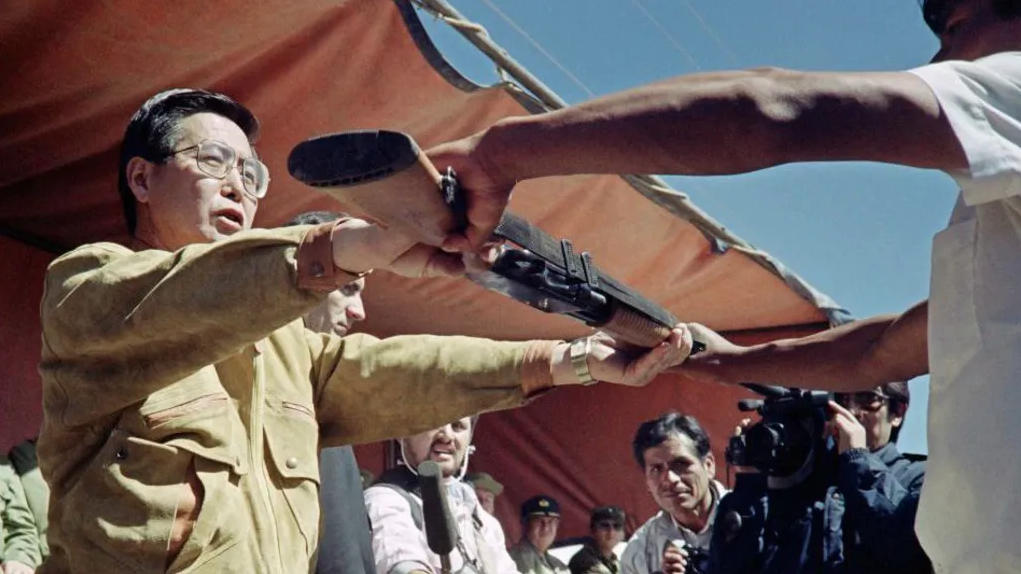Police rescue 402 minors in care homes over abuse claims
Written by BBC on September 12, 2024
Malaysian police have rescued 402 children and teenagers that they suspect were physically and sexually abused across 20 care homes.
Warning: This story contains descriptions of sexual and physical violence.
The victims, aged between one to 17, were said to have endured various forms of abuse, with some allegedly forced to perform sexual acts on other children, said Police Inspector-General Razarudin Husain at a press conference.
Police have arrested 171 suspects, including religious teachers and caretakers.
The care homes are allegedly linked to a prominent Islamic conglomerate which has issued a statement denying any wrongdoing.
Police raids on Wednesday across 20 welfare homes in the states of Selangor and Negeri Sembilan were prompted by reports earlier this month of child exploitation, molestation and sexual abuse at another facility in Negeri Sembilan state.
At a press conference on Wednesday, Insp Razarudin told reporters that some of the suspects – aged between 17 to 64 – would allegedly touch the children, claiming it was part of a religious treatment. Some children were also reportedly taught to perform similar sexual acts on other children at the home.
Children were also “punished using heated metal objects” and those who were ill were not allowed to seek medical treatment until their condition turned critical, he added.
The children will be temporarily housed at a police centre in the capital Kuala Lumpur and will undergo health checks, said Insp Razarudin.
Initial investigations found that many children were placed in these homes by their parents so they could undergo religious education, according to state news agency Bernama.
The raids come days after police opened an investigation against the Islamic Global Ikhwan Group (GISB) business group over child exploitation. The police has since confirmed that the two cases are linked.
Deputy Inspector-General of Police Ayob Khan Mydin Pitchay said initial investigations have revealed that GISB’s modus operandi is to set up welfare homes to collection donations, said a report by the New Straits Times.
The group denied the allegations in a statement posted to Facebook on Wednesday.
“The company will not compromise with any activity that goes against the law, particularly regarding the exploitation of children,” it said.
GISB has hundreds of businesses across 20 countries, operating across sectors from hospitality, to food, to education.
The Human Rights Commission of Malaysia, or Suhakam, has called for stricter regulations in welfare homes.
“The problem is that these places are not properly regulated or supervised,” Suhakam’s children’s commissioner Farah Nini Dusuki told online news site Free Malaysia Today.
“We have a serious issue with monitoring and supervision, which is why we need the community to be more alert,” she said.




